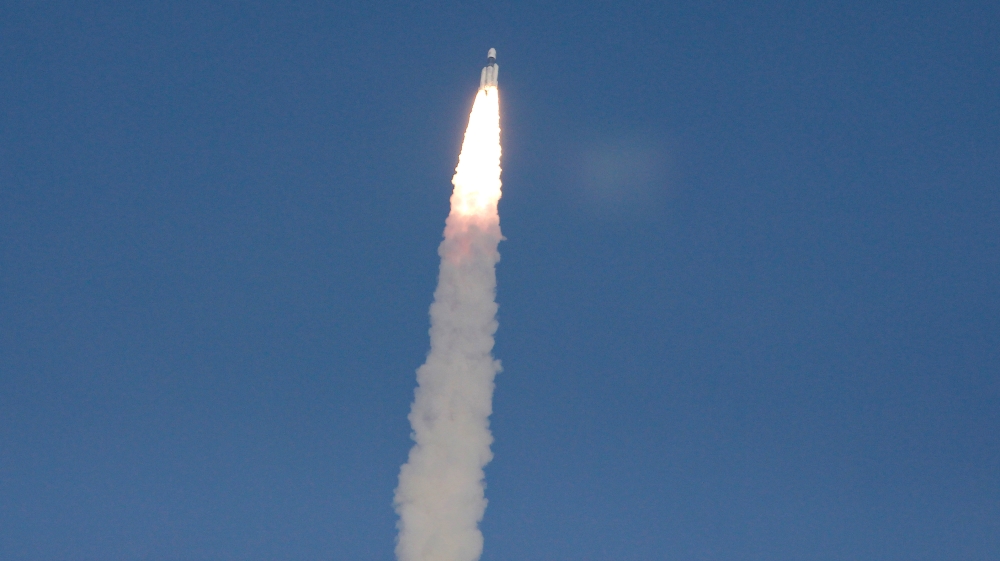
India on Wednesday destroyed a low-orbiting satellite in a missile test that puts the country in the space “super league”, Prime Minister Narendra Modi said.
He said India would only be the fourth country to have used such an anti-satellite weapon after the United States, Russia and China.
“A while ago our scientists shot down a live satellte at a low-earth orbit. I congratulate all scientists who have made this possible and made India a much stronger nation,” Modi said in a rare televised address to the nation weeks before the national elections scheduled to be held in April and May.
“This is a big moment for India. Something that all of us should be proud of. We are not just capable to defend on land, water and air, but now also in space,” he was quoted as saying by NDTV website.
The satellite was in orbit at 300km.
India said in December it was allocating $1.43 bln for its first manned space mission, set to be launched by 2022. New Delhi is aiming to expand the country’s influence in the competitive $300 bln global space industry.
An unmanned test launch of the project is likely scheduled for December 2020.
 |
| New Delhi is aiming to expand the country’s influence in the competitive $300bn global space industry [Reuters] |
In 2014, India put a satellite into orbit around Mars, becoming the fourth nation to do so. India’s Mars Mission cost less than the budget of the Hollywood space blockbuster “Gravity”. In November last year, India fired a rocket carrying 31 satellites into space, many on behalf of foreign governments.
India’s neighbour China first sent humans to space in 2003.
New Delhi’s space programme was launched in the early 1960s but it remains a small player in the global space industry.
Both China and India have dedicated billions of dollars to their space programmes, but their budgets are still far below that of the United States, which is estimated at $40bn.












